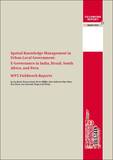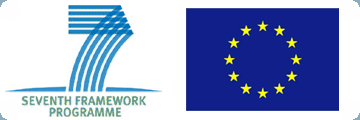|
Development thinking the world over has changed from that of ‘big push’ post-war thinking to a neo-liberal ‘Washington consensus’ to the understanding that neither the former nor the latter really works in ensuring successful catch-up development. Several alternative models of development have been created in practice by strong politicians, such as in the case of East Asian Miracle countries (Popov: 2010) or the erstwhile Latin American Boom. The transition from authoritarianism to democratic governance regimes, especially in developing countries in 1990s triggered social mobilisation in many countries, leading to decentralisation, deepening democracy, citizen participation and social control of public policies (Neiva, et al: 2012), and alternative development processes. Even to this day, most of the developing countries operate in a command and control environment with little or no orientation to serve their people (Shah: 2008).
Fiscal decentralisation, which is part of this transition, is often characterised as a stimulant for ‘deepening democracy’ and making citizens participate in the decisions that affect their lives. Decentralisation processes pushed by social movement pressures, as in the case of Latin American countries, resulted in new and innovative participatory structures such as deliberative councils on specific issues of public policies, and forms of participatory budgeting (Neiva et al. 2012). The Chance2sustain project looks into ‘Fiscal Decentralisation, Participatory Processes & Inclusive Development’ in Brazil, Peru, South Africa and India, covering several cities within these countries.
|
Recent Chance2Sustain Publications |
|
|
|
|
|

